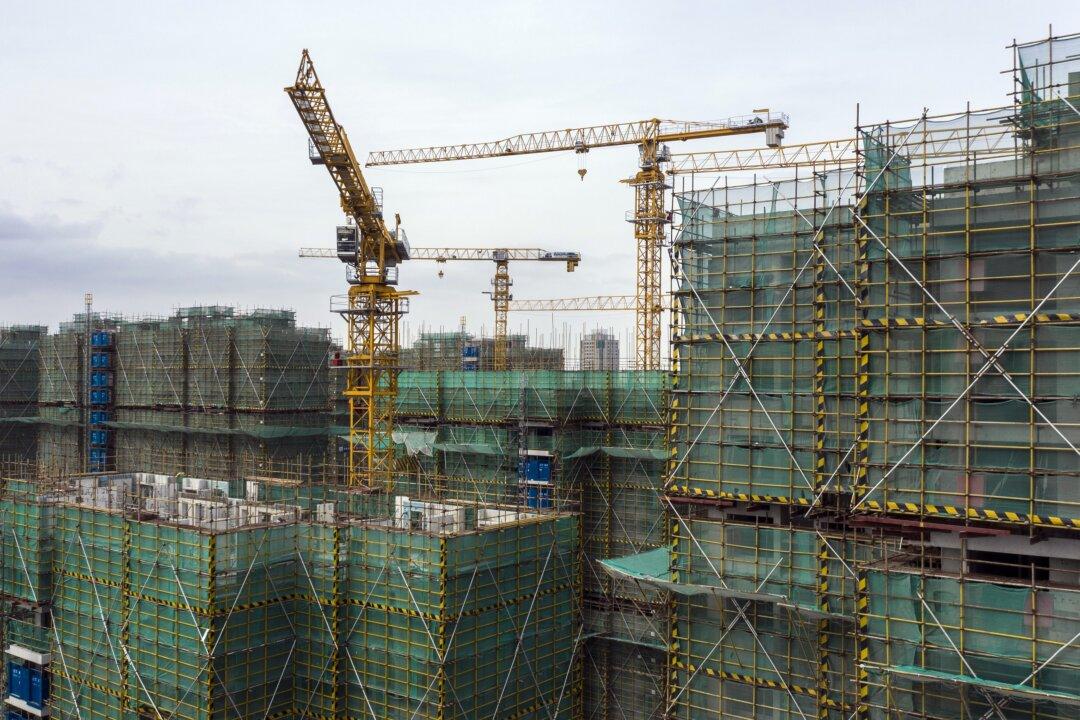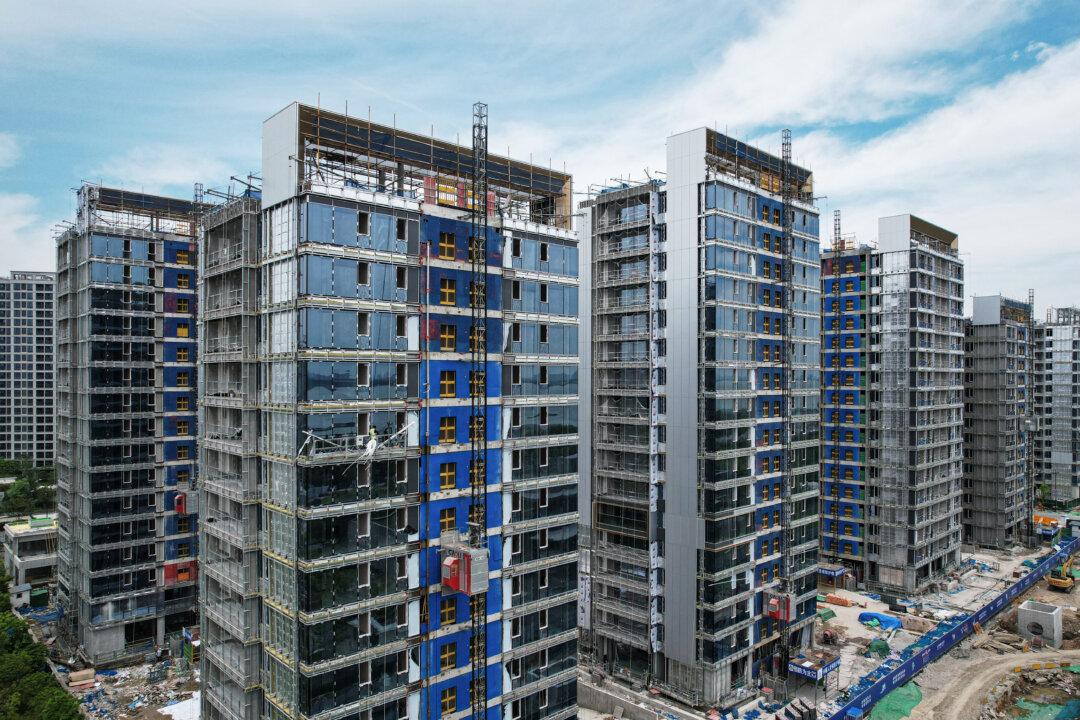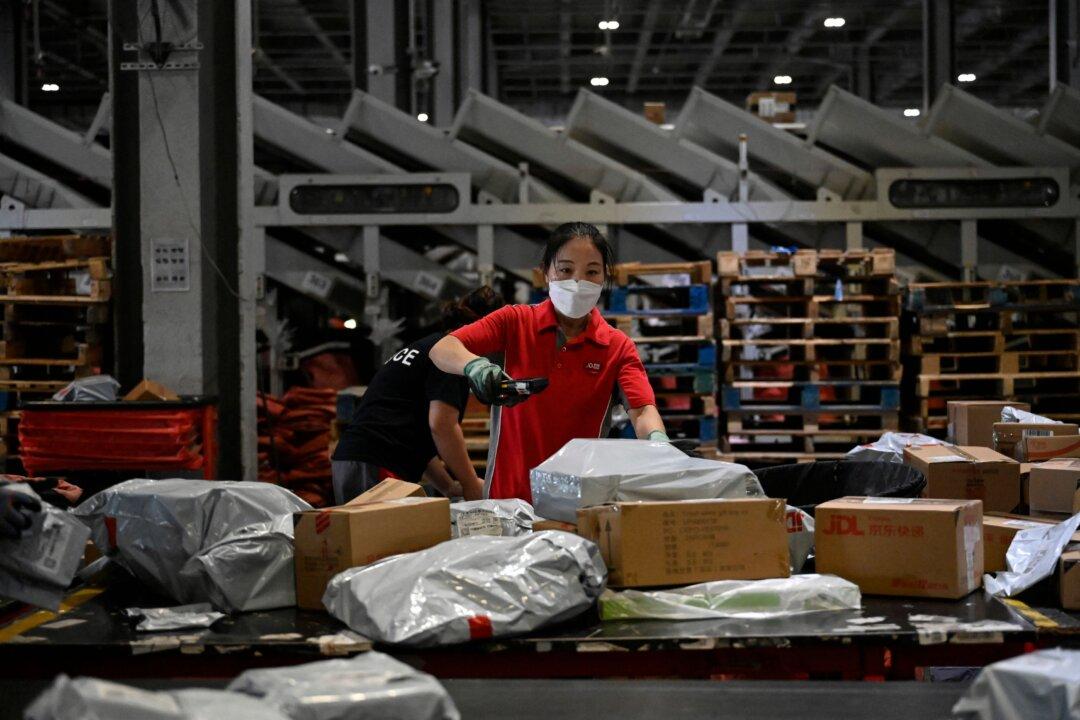The knock-on effect of the potential debt defaults of China’s two most indebted property companies—Country Garden and Evergrande—will not only be devastating for their various stakeholders, but it could also have a catastrophic effect on the fate of other debt-ridden Chinese companies and their future ability to raise capital from the international capital market, according to financial experts.
Their default could also have spillover effects on the global market investors, who could lose confidence in Chinese assets and seek safer havens.





